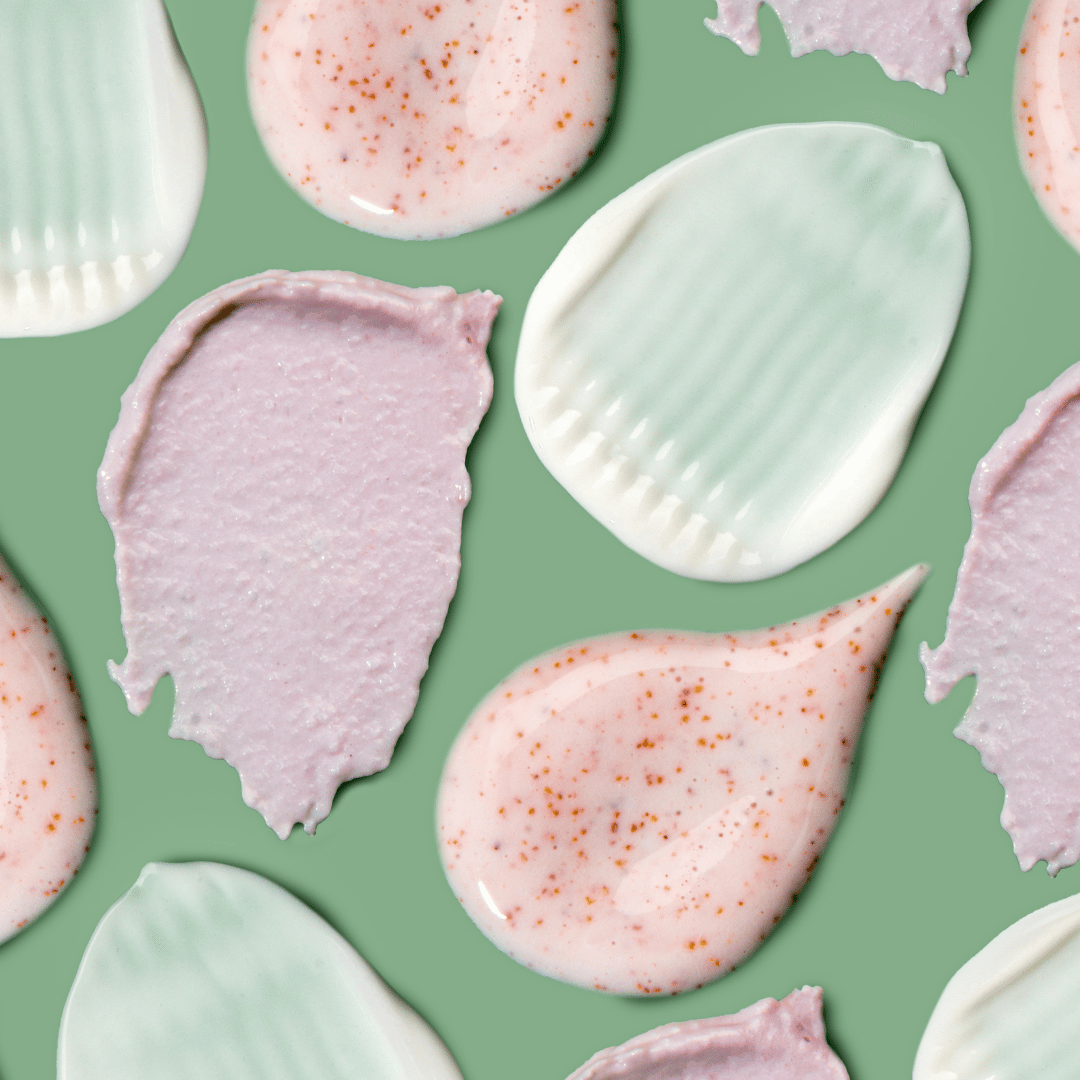Rosehip Oil
Rosehip Oil
To kick off this article, we’re going to bust a common myth associated with rosehip oil: it doesn’t actually come from roses! That’s right, given the name, you’re probably expecting to see a blush pink, floral-scented oil. But this just isn’t the case.
The reality is that rosehip oil is derived from rose bushes, but not from the beautiful petals you love getting on Valentine's Day. Rather, it comes from rosehips, which are the fruit of the rosebush. The fact that rose bushes grow fruit may be news to you, but it really is true. When roses die, they leave behind a small, bright red fruit that is edible. Although they’re not known for being super tasty in fruit form, they do have some amazing medicinal properties when brewed in tea or pulverized into an oil. At Dope Skin Co., we’re concerned with all things skincare, which is why in this article, you will learn all there is to know about how rosehip oil benefits the skin.
Overview
In order to understand the skin benefits of rosehip oil, also referred to as rosehip seed oil, we must understand what exactly the oil contains. The reason it’s able to have such an incredible impact on skin is because of its high vitamin and fatty acid content. That’s right, this tiny fruit is jam packed with vitamin A, vitamin C, vitamin F, vitamin E, oleic acid, linolenic acid, gamma linolenic acid, and palmitic acid. In addition, rosehip oil contains phenols, which have amazing antibacterial, antifungal, and antiviral properties.
Benefits
The first and most obvious benefit of rosehip oil is hydration. And as we head into winter here in Australia, hydrated skin couldn’t be more important! Rosehip oil is such a powerful hydrator owing to all the fatty acids it contains (listed above). Fatty acids help keep skin cell walls strong, so that they don’t lose water. Beyond keeping your skin soft and supple, rosehip oil is also an excellent exfoliator. Due to its high vitamin C and vitamin A (also known as retinol) content, it is a natural exfoliator that encourages cell turnover and rejuvenation. Building on this, due to the vitamins in rosehip oil, it boosts collagen product in the skin. That is because vitamin C and vitamin A facilitate the creation of MMP-1, an enzyme that breaks down collagen. The result? More elasticity in the skin, which makes it appear more youthful. Finally, rosehip oil is a natural anti-inflammatory thanks to the polyphenols and vitamin E it contains. Thus, rosehip oil is great for people who suffer from rosacea, psoriasis, dermatitis, or eczema.
Safety
Good news! Rosehip oil is generally considered safe to use when applied topically. However, allergic reactions are possible, so if you’ve never used the product before then watch for red, itchy eyes, a scratchy throat, or nausea. In addition, rosehip oil is very high in vitamin C, which can have negative reactions in people with certain conditions. If you have diabetes, anemia, or kidney stones, it is not advised that you use rosehip oil without consulting your doctor first.



